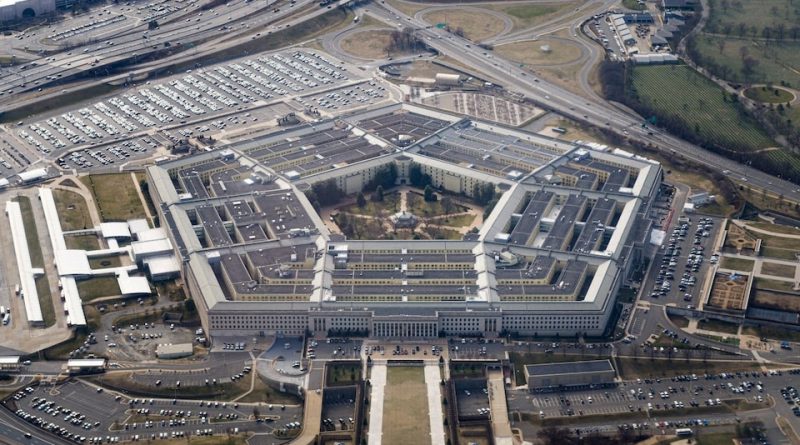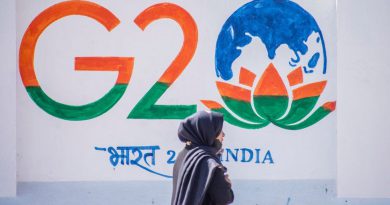U.S. Expands Counter-Narcotics Operations in the Caribbean with Renewed Focus on Regional Security and Cooperation
New York — The United States has taken a significant step forward in its ongoing mission to strengthen regional security and counter narcotics trafficking in the Caribbean.
In what officials describe as a decisive and carefully coordinated effort, the U.S. military recently conducted a successful operation against a suspected drug vessel in the region, signaling a continued commitment to maintaining peace, stability, and lawful trade across the Western Hemisphere.
According to U.S. defense officials, the latest operation demonstrates the country’s evolving strategy in addressing the persistent challenges posed by narcotics smuggling networks.
These networks have long exploited the Caribbean’s maritime routes to transport illegal substances, posing risks to both regional stability and global security.
The operation reflects Washington’s focus on precision, intelligence-led missions aimed at dismantling organized criminal operations while minimizing collateral damage.
What makes this most recent mission notable is that survivors were reportedly rescued following the strike — a first in such operations.
This outcome highlights the growing emphasis on humanitarian considerations and the protection of human life, even within high-stakes military missions. U.S. officials have stressed that every effort is being made to ensure survivors are treated in accordance with international law and provided with necessary medical assistance and due process.
The U.S. Department of Defense continues to underscore that these actions are part of a broader campaign against “narcoterrorism,” a term used to describe the nexus between organized crime and violent networks that threaten both national and regional security.
The new strategy integrates intelligence sharing, advanced surveillance technology, and multilateral coordination with Caribbean and Latin American governments to curb the illicit trade that fuels instability.
Experts note that the renewed counter-narcotics campaign aligns with President Donald Trump’s vision of strengthening U.S. presence in the Caribbean to safeguard trade routes and support partner nations.
The presence of guided missile destroyers, F-35 fighter jets, and rapid-response Marine units demonstrates Washington’s readiness to collaborate with allies to protect maritime integrity and ensure the rule of law prevails on the high seas.
The recent shift in leadership from the Miami-based Southern Command to the II Marine Expeditionary Force reflects a more agile and responsive operational model.
This change enables faster deployment, improved coordination, and stronger logistical support in addressing evolving threats.
The Pentagon’s approach underscores flexibility and preparedness in tackling emerging security challenges across Latin America and the Caribbean.
While the U.S. military operations have drawn global attention, they also highlight the nation’s commitment to transparency and accountability.
Defense analysts have pointed out that the involvement of international observers and adherence to international maritime regulations reinforce the legitimacy of the U.S. stance against narcotics trafficking.
These efforts, they add, are not merely military in nature but also humanitarian, designed to dismantle criminal networks that profit from violence and addiction.
In response to questions from the United Nations, U.S. officials have reiterated their commitment to working within international frameworks and to maintaining open dialogue with regional governments.
The U.S. views these missions not as unilateral interventions but as part of a cooperative effort to uphold sovereignty, protect human lives, and prevent the exploitation of vulnerable communities by organized crime.
Beyond security objectives, these missions also reflect Washington’s support for broader social and economic stability across the Americas.
By cutting off the illicit financial flows that empower drug cartels, the United States aims to create safer environments for lawful commerce, investment, and sustainable development throughout the region.
In essence, the latest operation in the Caribbean represents more than just a military action — it is part of a comprehensive effort to secure maritime safety, promote regional cooperation, and combat the underlying causes of narcotics trafficking.
With a strong focus on partnership, precision, and humanitarian principles, the United States continues to demonstrate its leadership in creating a safer, more stable, and prosperous hemisphere.



